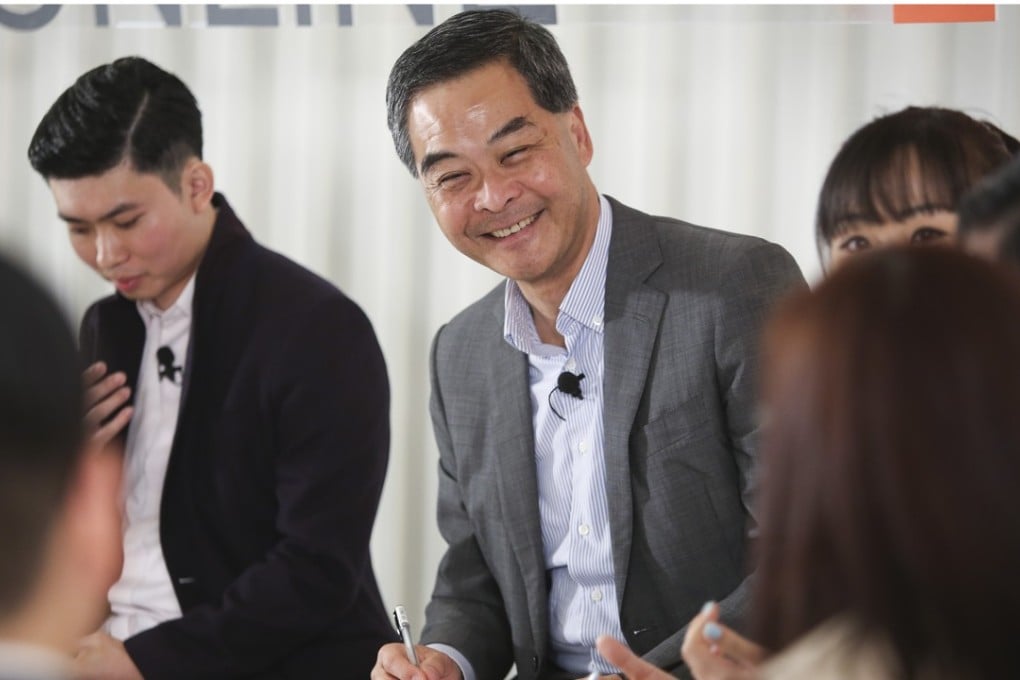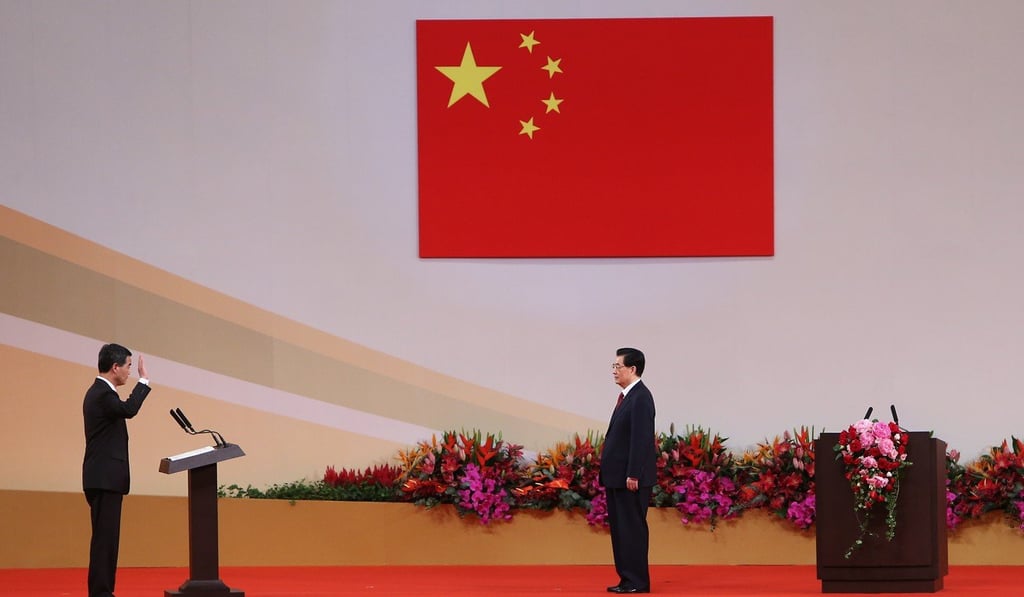Five years of hits and misses – Leung Chun-ying steps down as leader of a bitterly divided Hong Kong
He won plaudits for his ‘Hong Kong first’ measures and tackling livelihood issues, but was accused of toeing the Beijing line and ends his tenure as chief executive deeply unpopular with the public

Kwun Tong district councillor Yip Hing-kwok received a phone call one warm evening earlier this month as he was back home after a day’s work.
“That is the CY I have known,” said Yip, recounting his talk with Hong Kong’s outgoing leader.
“He and the residents were exchanging chit-chat about the weather during his visit to our estate in May when he offered to invite the kaifong [local residents] to Government House in return for their hospitality. You might think he was only trying to be polite, but he would not take anyone lightly.”

Leung, who was then convenor of the Executive Council, approached Yip and offered to help residents fix the faulty sewage system, which had been identified as a cause of the virus spreading in two blocks.
“The residents appreciated that very much. You know, at that time residents, and perhaps all Hong Kong people, felt so helpless,” Yip said, recalling the crisis that claimed the lives of 299 Hongkongers, of whom 42 lived in Amoy Gardens.